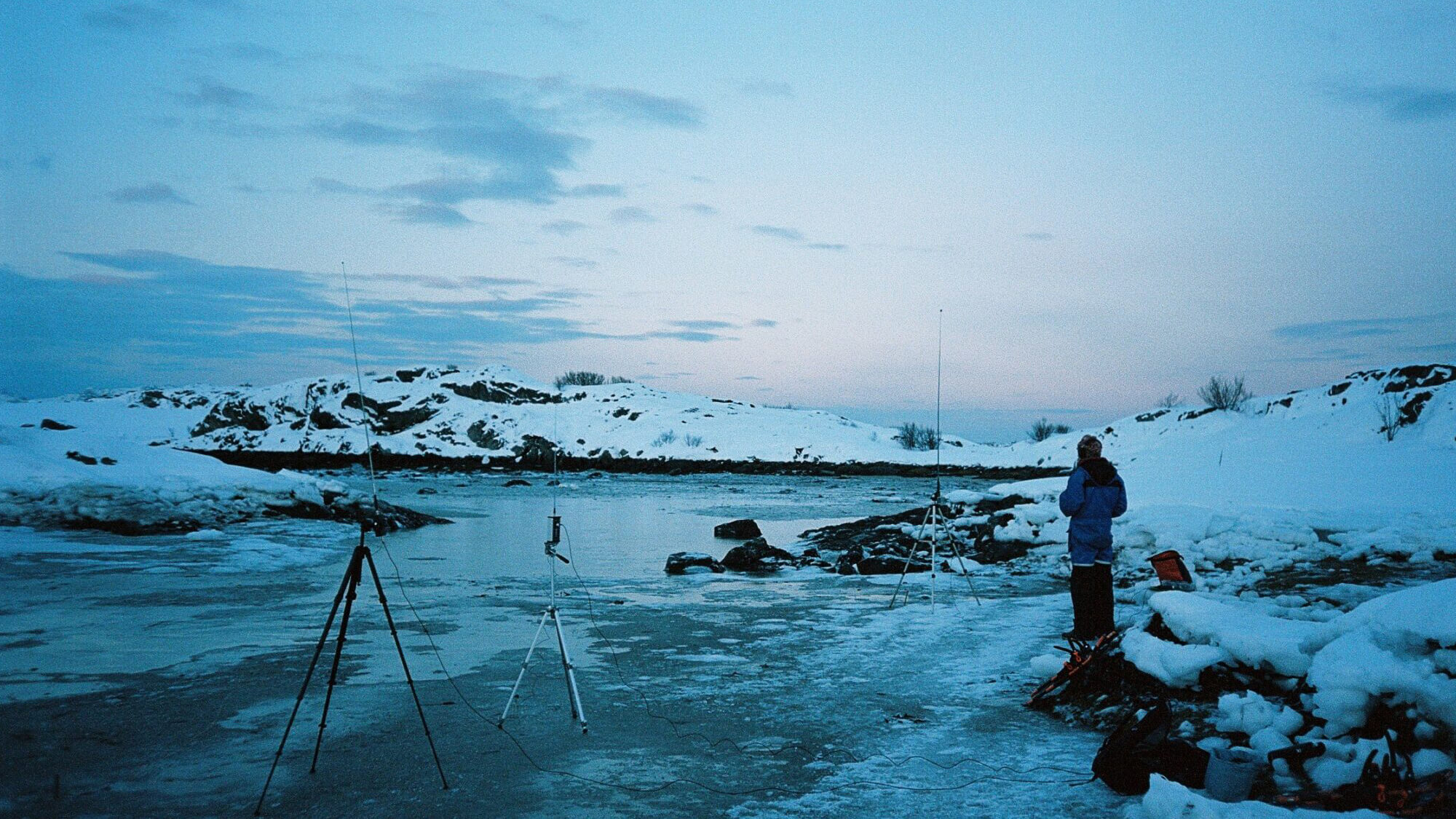
Cuban Samba Remix (Remix by Kassin with Arto Lindsay), 2016
HD color videos and sound on 3 console-mounted screens, 9'30'' sound system
Work presented as part of the exhibition Echos d'une collection - Works by Frac Franche-Comté
A work by Shimabuku for the Havana Biennale in 2015 is the starting point for this installation. Cuban Samba was inspired by a water leak in the building where Shimabuku was to work. The artist then placed old cans of various sizes under the pipes. The rhythm of the drops falling into the cans sounded to him like a samba.
After recording a video of the improvised installation for the Cuban biennial, like a musical readymade, Shimabuku went to Rio where he invited musicians Kassin and Arto Lindsay. Cuban Samba Remix is a video installation consisting of one screen showing water falling melodically on the boxes, and two others showing portraits of the musicians as they perform this noisy song.
The Japanese artist thus forged a link between Cuba, where he was visiting for the first time, and Brazil, where he had already made several visits since 1999.
Shimabuku
Born in 1969 in Kobe (JP)
Lives and works in Okinawa
Shimabaku studied fine arts in Osaka and San Francisco. Since the early 1990s, he has lived in various locations in Japan and abroad, including Berlin for a dozen years.
All his art comes from his attention to the everyday and his ability to weave poetic links between objects, events and people, using a wide range of media. He captures with finesse and poetry what few distinguish.
In a 1993 photo, On the Beach in Zurich, he recounts how he started playing with plastic animals in a Zurich toy store.
"First I grabbed an octopus and made it crawl across the floor. It looked alive. Next to the octopus, I placed a gorilla, a tiger, a shark, then a dolphin, a giraffe, a rhinoceros and a dinosaur. A donkey at the bottom of the box looked at me, so I put him in front of the octopus. Their eyes met, and seemed to have been looking at each other for a long time. It seemed like everything was happening on the beach. I felt like I was watching from afar what was happening on the beach."
The octopus was to become a recurring animal in his plays.
In summer 2023, the Museion in Bolzano, in Italy's South Tyrol, devoted a major exhibition to this artist. The title, Me, We, derives from an installation created from elements (doors, pieces of concrete, etc.) taken from a medieval village under renovation to the north of the city, and from the destruction of a factory built in the 1920s during the forced Italianization of this German-speaking region. Me, We is above all Mohamed Ali's response to a student who, at the end of a meeting in Harward in 1975, asked him "Give us a poem". In this way, Shumabaku weaves together elements of history.
Other artists
Ulla-von-Brandenburg-01.webp)
Ulla von Brandenburg

Latifa Echakhch

Georgina Starr
Other artists

Julia Borderie & Éloïse Le Gallo
.jpg)
Soundwalk Collective


